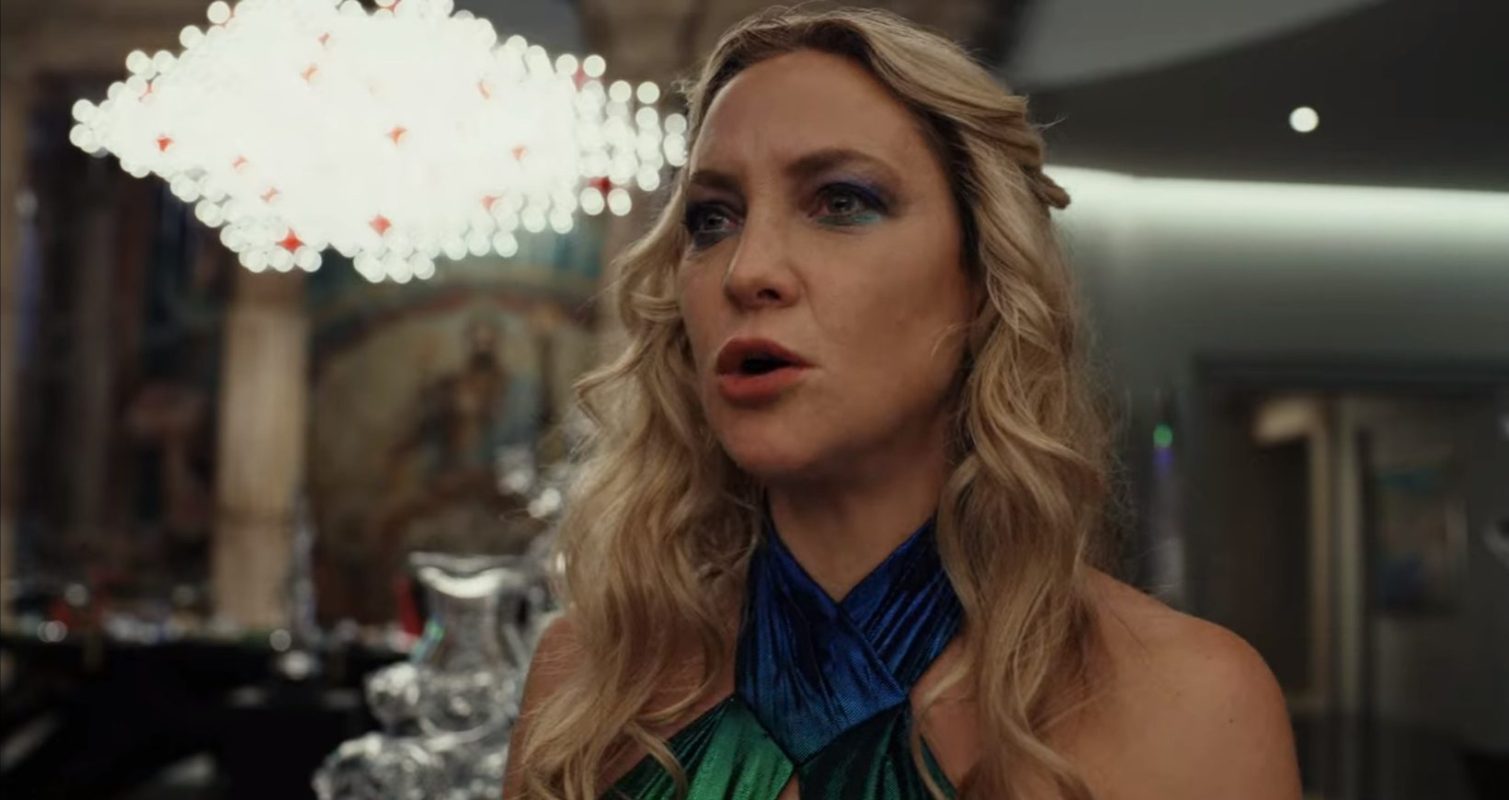The One ‘Glass Onion’ Moment That Was Just Too Real
The truth hurts.

This weekend the highly anticipated sequel to Knives Out, Glass Onion: A Knives Out Mystery, was released to Netflix after a few weeks at the box office. Like the first entry to Detective Benoit Blanc’s work history, this story provided a mystery alongside sharp critiques of class, gender, and race. There are many moments (especially if you follow political discourse) that can accidentally take the viewer out of the movie because writer/director Rian Johnson went there. (In some ways more than the first film because there’s no benevolent Harlan Thrombey.) However, one moment in particular was too much for me because of one character’s depiction of the pervasive myth in defense of the ultra-wealthy.
Spoilers for Glass Onion: A Knives Out Mystery.
When the final “here’s everything laid out” scene hits and Blanc (played by Daniel Craig) explains the unoriginal and murderous acts performed by the Miles Brons (played by Edward Norton), he defeatedly sighs, “It’s so dumb.” Blanc is a famous detective and twice has uncovered Brons’ plan in under 30 minutes. Birdie (played by Kate Hudson) exclaims in response to Blanc, “Oh, it’s so dumb, it’s brilliant,” to which Blanc quickly yells, “NO! It’s just dumb!” This sentiment has always existed, but between the election of President Donald Trump and the acquisition of Twitter by Elon Musk, I cannot truly explain how cathartic it was for Blanc to yell no at her.
Blanc’s response to Birdie was akin to using the memes of boot-licking, piss-drinking, and (homophobic/sexist) dick-riding in response to defending terribleness as perceived intelligence in the name of money.
Both the former president and Musk—among many, among many others—are often lauded for their business and political maneuvers as some sort of 5D chess simply because they’re very rich. With people in tech (like Musk), it’s even more present because STEM-adjacent careers (even though Musk hasn’t made anything and sounds like he’s talking about tech out of his ass) are associated with higher intelligence. Meanwhile, there are different types of intelligence, and money doesn’t make people individually smarter. Wealth does contribute to higher test scores, but this is because more resources and more are given to those students. It’s not a meritocracy, it’s money and nepotism reinforcing class structures.
The thinly-veiled eugenics
I guess the trouble was that we didn’t have any self-admitted proletarians. Everyone was a temporarily embarrassed capitalist.
— John Steinbeck, America and Americans and Selected Nonfiction
I thought it was clear in Andi Brand’s (played by Janelle Monáe) pushback of “disruptions” lingo, but in interviews, Johnson is making it very clear that this isn’t Elon Musk, alone. While the Knives Out social media writer is making Elizabeth Holmes, Steve Jobs, and Elon Musk memes, Johnson has said that Miles is not a replication of one particular tech mogul. In a question about the development of Miles and the parallels to Musk, Johnson told Yahoo! Entertainment:
I found that anytime I started thinking too specifically about any one person, it got really uninteresting very quickly. […] The thing that was more interesting was kind of zooming back and thinking about this kind of general group of people and our relationship to them as a society. How we kind of want them to be Willy Wonka. We both want to hurl insults at them, but we also all have this very deeply unhealthy thing inside us like ‘maybe they’re actually gonna save us.’ A ‘don’t bet against them because what if they’re right.’ Exploring that uniquely American thing of mistaking great wealth for wisdom I think was all tied into it. That, more than actaully going after any specific person that I don’t actually know in real-life is where we started from.
While most Americans are one medical bill away from entering poverty (so yeah, this doesn’t include the millions that are already in it), people will defend billionaires because they only see themselves as “temporarily embarrassed millionaires” (TEMs). This attitude aids in continuing a culture of eugenics (especially in regard to computing technology) that is already deeply embedded in American politics. Further alarming is that this coincides with a movement (documented by journalist Julia Black) in Silicon Valley of investing in fertility research and pushing the wealthy to have a lot of kids. The TEMs (as well as the nativists, pronatalists and manosphere) are right there cheering them on.
(featured image: Netflix)
—The Mary Sue has a strict comment policy that forbids, but is not limited to, personal insults toward anyone, hate speech, and trolling.—
Have a tip we should know? tips@themarysue.com